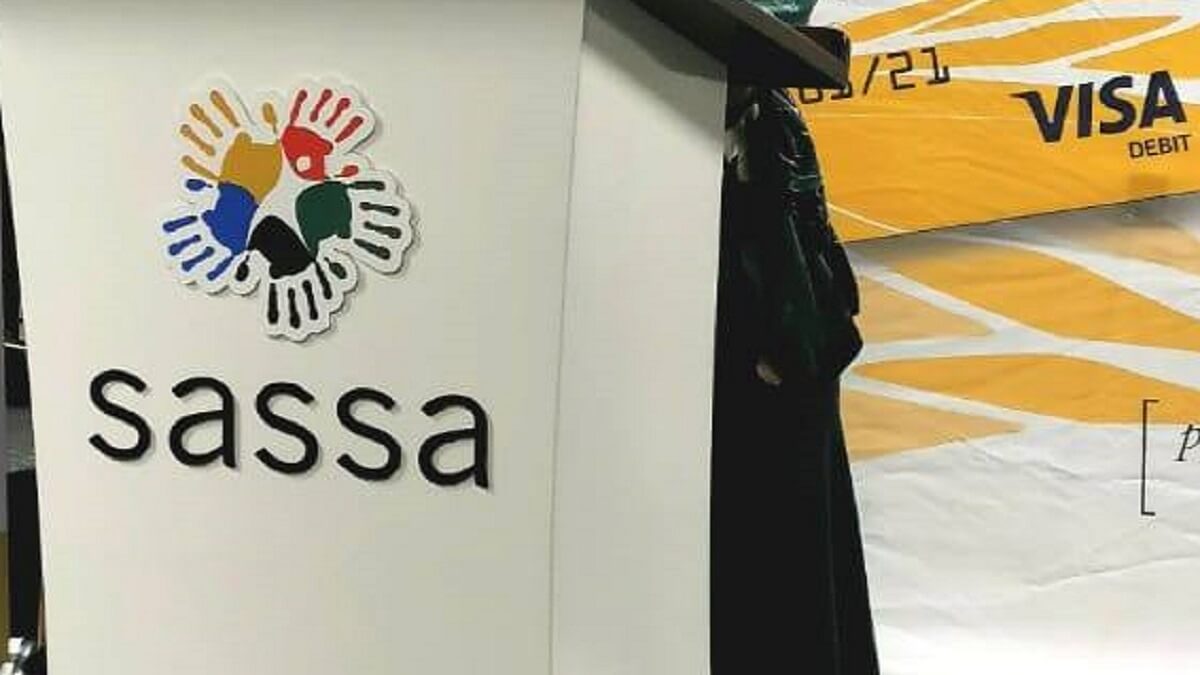South Africa faces a dire socioeconomic crisis with widespread poverty, persistent and high unemployment and growing hunger. While its value is grossly inadequate and despite myriad problems with its administration, the R350 Covid-19 SRD grant has played a critical role in providing support to some of the most vulnerable people who bear the brunt of this crisis and have not previously been eligible for income support.
Instead of steps to make this permanent and progressively scale it up, National Treasury has prepared regressive and unworkable proposals that seek to exclude the majority of its current recipients. This threatens the livelihoods of millions of people.
This is apparent in a set of proposals from the Treasury and Presidency that have come to light. While there are connections between the two proposals, they also differ substantially. As assessed in a detailed memo released by the Institute for Economic Justice yesterday, the proposals, particularly by Treasury, are deeply problematic, both in terms of the underlying logic and subsequent proposed design.
The Treasury proposals are opaque and convoluted but clearly propose replacing the SRD with an overly complicated, highly exclusionary system. The proposals are underpinned by a logic of narrowing the grant beneficiaries as much as possible — excluding as many people as possible — and preferring non-income support interventions.
The proposals separate poor people into three somewhat arbitrary and hard-to-distinguish categories — “extreme poor/multiple constraints”, “poor/some constraints”, “less poor/fewer constraints” and then propose a complex web of interventions dependent on the category. This includes the removal of income support entirely in the third category and in the remaining two, the possible replacement of the SRD grant with a household grant or jobseekers grant, adding yet another layer of conditionalities, many of which are nonsensical given South Africa’s context.
There is a clear preference in the document for attaching income support to job-seeking conditionalities. This seems to draw largely from a 2021 World Bank proposal for replacing the SRD grant with a jobseekers’ grant aimed only at active jobseekers. This is highly problematic because:
It assumes that jobs exist in the economy for people to “seek”, ignoring the structural nature of South Africa’s persistent unemployment and the failure of existing job-seeking databases and skills development programmes to produce any real change.
It rests on the fundamentally patronising and moralistic assumption that without such conditionalities, grants are likely to increase dependency and laziness, something which is not supported by any of the evidence from South Africa or globally.
The attachment of such conditionalities adds an extensive layer of bureaucracy to the process of applying for the grant. This is both counterproductive and inefficient, as evidenced in the administration of the SRD since conditionalities were introduced in April 2022 that resulted in the exclusion of as many as five million previous SRD grant beneficiaries.
The policy risks having perverse outcomes, for example, should the policy end up having a household grant for the “extreme poor” and a jobseeker grant for the “poor”, then those more in need receive less than those regarded as ‘less in need’. This categorisation also risks further stigmatisation of poor people.
The household grant is similarly problematic if it is to replace individual income support:
In targeting household heads, not household members, it will radically reduce the number of beneficiaries, lessen the poverty-reducing impact of households pooling a number of individual grants, and limit the positive impact that social grants can have on women’s autonomy. In this, it is fundamentally anti-poor.
It is administratively burdensome to test for such complex conditionalities, and poorly suited to the South African context where there is no single, fixed definition of a household, such a situation runs the risk of heightened corruption.
The upshot of these proposals, if adopted, would be that millions of poor people — those who should be the primary target of cash transfer programmes like this — will be excluded from receiving support for the grant, either because they do not qualify or because the complexities of the system being imposed make it entirely inaccessible to them.








